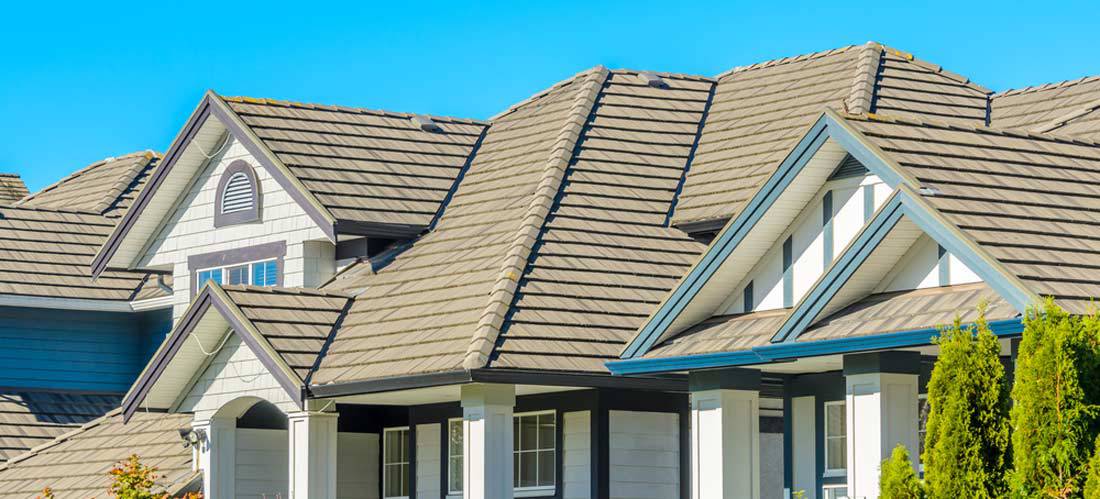A guide to selecting the right asphalt shingle roof for a hot climate.
In a hot climate, organic asphalt roofing shingles may not be the best option. If you are looking to install asphalt roofing shingles and you live in a warm area of the country, building codes may prohibit the use of organic asphalt shingles. You can, however, opt for fiberglass shingles instead.
Shingle roof in hot climate
A hot climate is brutal for residential roofs. Warm region building codes in the United States require that rooftop shingles be hardy enough to handle the sun's powerful rays while also holding up to plummeting nighttime temperature fluctuations without exhibiting signs of thermal shock. From the across the sweltering South to the sunny Florida Keys, selecting the right shingles for your home can be tricky.
An experienced roofer knows all too well that a sun-drenched roof can get hot enough to feel like an oven. Organic shingles, which are sometimes referred to as tar shingles, cannot hold up to the heat. A better alternative is fiberglass shingles that are engineered to handle extreme heat, humidity, and hurricane-force winds. When selecting shingles for a hot climate, look at:
Color: For warm-weather areas, keep in mind that light colors are best, as dark colors absorb heat and the intense sun will have a magnifying effect.
Design: While three-tab shingles are still quite popular, there are newer, more aesthetically pleasing shingle types on the market, including laminated architectural shingles that use color variation and texture to reflect and scatter sunlight and to decrease the build-up of heat. As an added bonus, these shingles are less susceptible to wind damage.
Price: When it comes to buying shingles, just like any other purchase, you really do get what you pay for, at least generally speaking. In warm climates, you are paying more for aesthetic appeal than for longevity when you choose fiberglass asphalt shingles.
Warranty: Shingles today can come with a manufacturer warranty that ranges from 20 years to 50 years. However, the weather extremes in your area as well as the quality of the work done by your installer will have an effect on the service life of your roof.
Weight: While a cold climate requires heavier shingles, lighter roofing materials can be used in warmer locations.

Notably, there are some viable alternatives to fiberglass asphalt shingles, although they cost considerably more. Slate tiles are always a good choice, and they tend to weather big storms better than fiberglass. They require little maintenance and are heavy, beautiful, and fireproof. Some are even warranted for 100 years. Concrete or clay tiles are very similar to slate and are quite popular in the South. They are a bit easier to work with and cost less than slate.
A professional roofer is always willing to provide would-be customers with a roofing estimate and is willing to discuss roofing cost concerns with the homeowner. QualitySmith can help you find qualified roofers to install asphalt roofing shingles in your area who can recommend the best products for hot climate installation.













Write a Comment